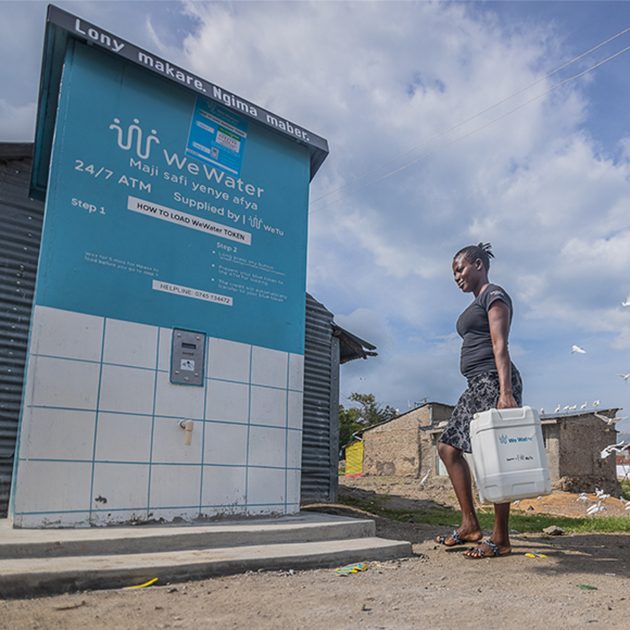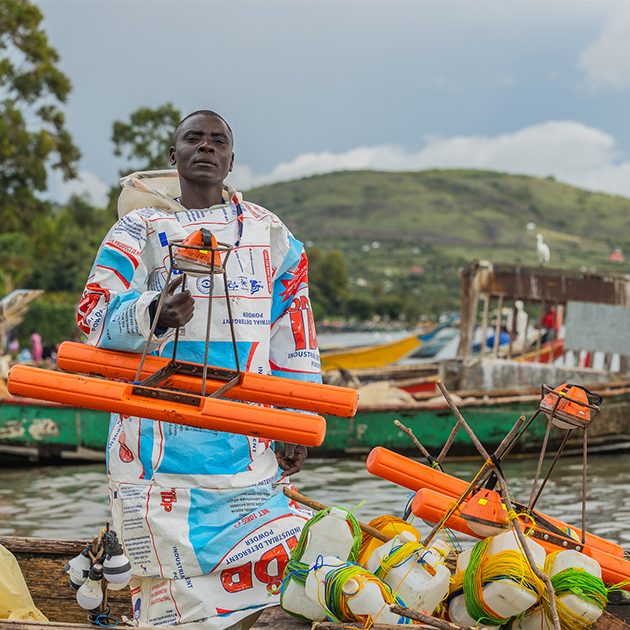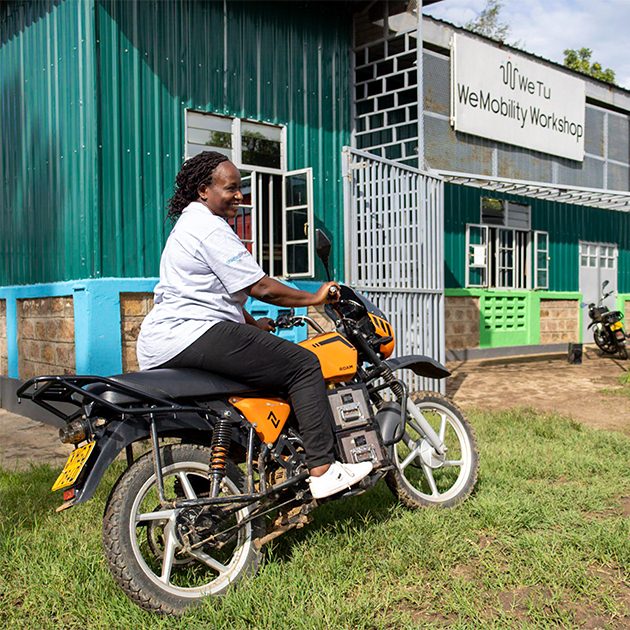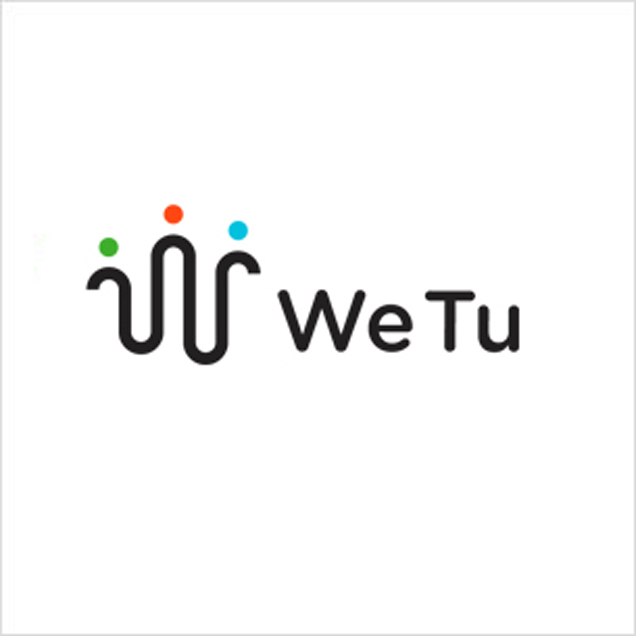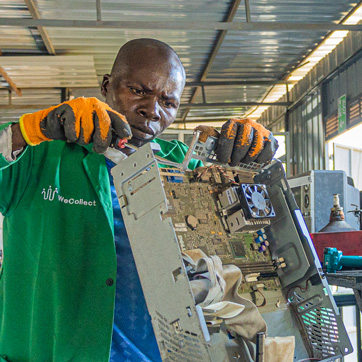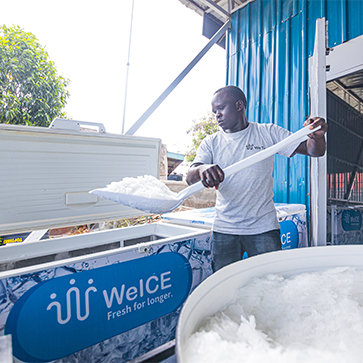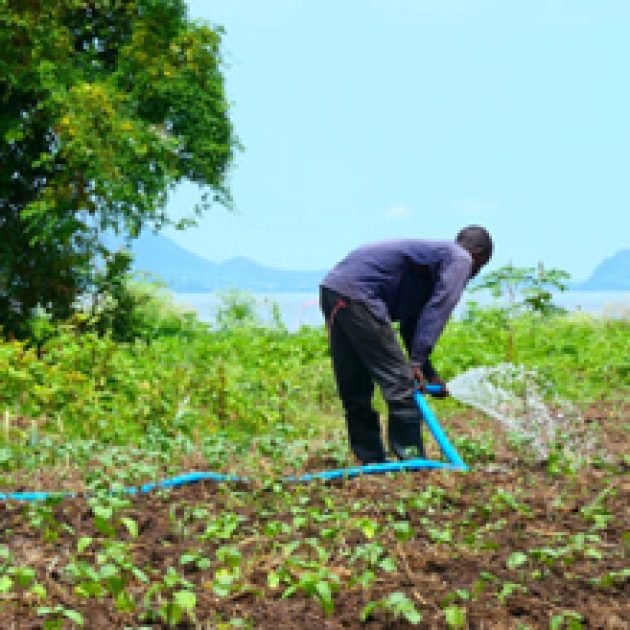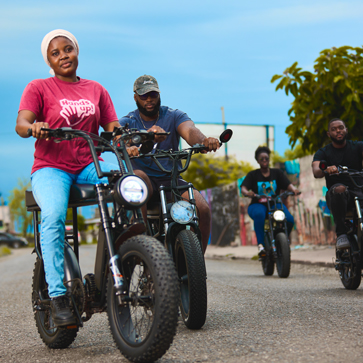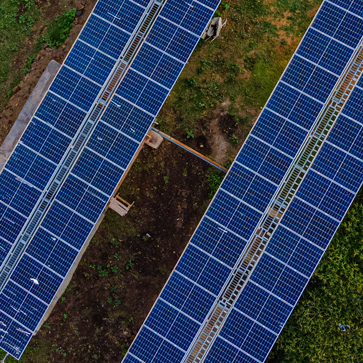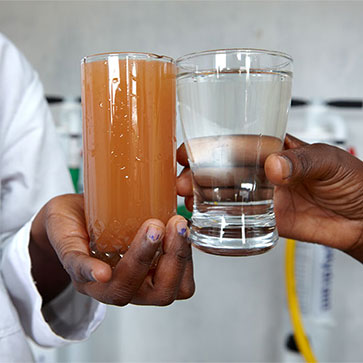WeTu
Innovation hub with sustainable impact
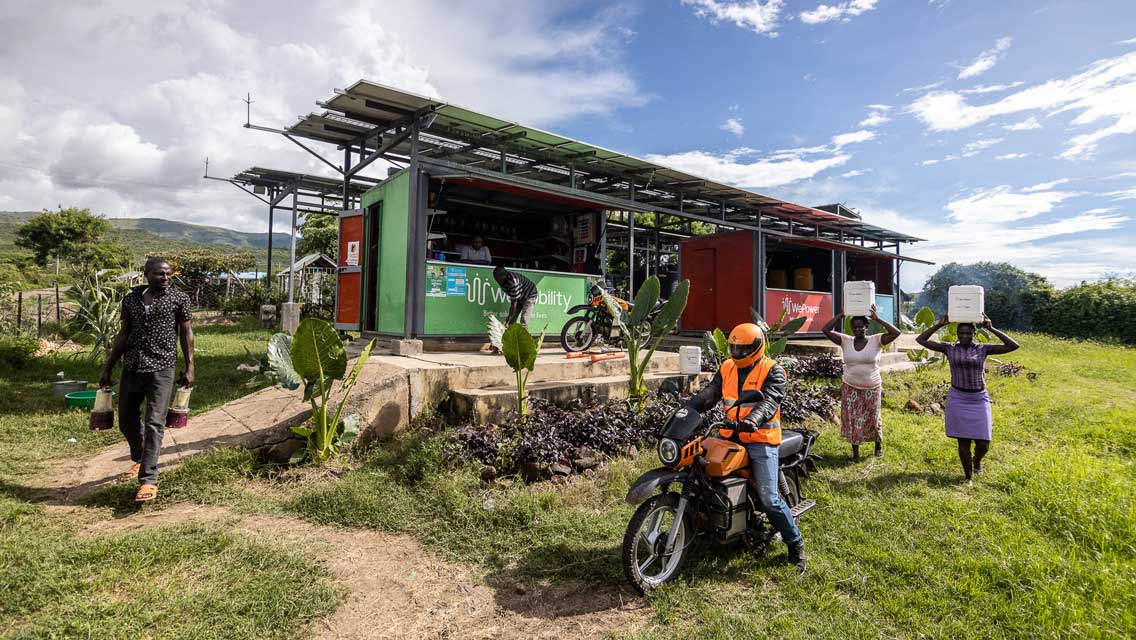
WeTu is a social enterprise founded by Siemens Stiftung in Kenya that works on innovative solutions for supplying energy and drinking water in communities on Lake Victoria. In addition, the company is deploying the first-ever electric vehicles specifically developed for rural Africa. When combined with social and ecological business models, these solutions are improving living conditions in the region, creating jobs, and establishing new economic opportunities.
Project
The opportunity of social enterprises for the region
“WeTu” means “ours” in Swahili and is the brand name of the social enterprise WeHub! Lake Victoria Ltd. The core business of the 100% owned subsidiary of Siemens Stiftung is based on renting out solar-powered fishing lanterns, distributing clean drinking water, and providing e-mobility solutions. The objective is to sustainably finance the operational business of the social enterprise, as well as the maintenance and upkeep of the technical facilities, from the revenues generated. Profits remain within the company and serve to further expand and strengthen the associated positive societal impact.
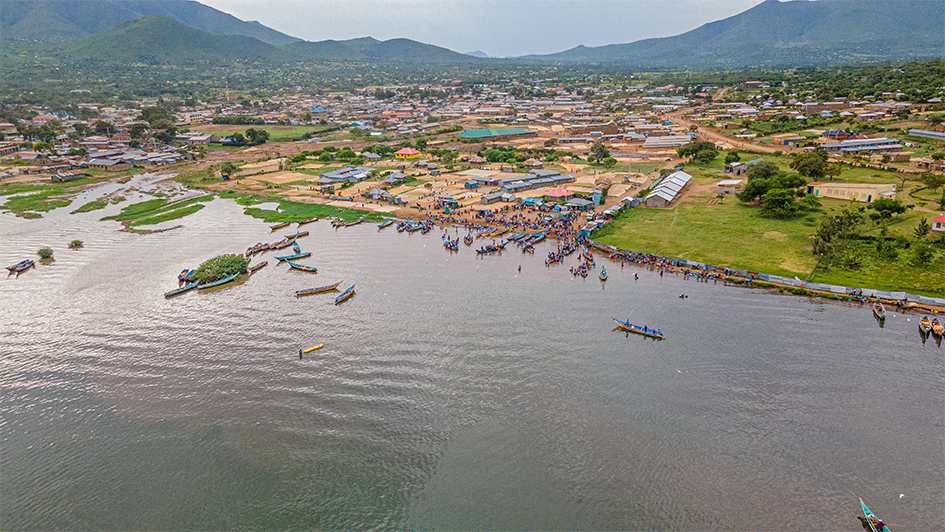
© Siemens Stiftung
Sectors
Sustainable drinking water, energy, and mobility solutions
Company
Innovation hub at Lake Victoria
WeTu is registered as a limited company in Kenya and is defined as a social enterprise according to German fiscal regulations – similar to the legal form of a German gGmbH. Siemens Stiftung is the founder and sole shareholder. With its headquarters in Kisumu, WeTu is active in four counties in Western Kenya. Other locations are in Mbita, Sindo, Nyandiwa, Sori, Ragwe, Honge, Uhanya, Nyachebe, Kamariga, Katito, Kisegi, Wichlum, and Muhuru Bay. The technical center is located in Homa Bay Town.
As part of the EU’s Horizon 2020 / Horizon Europe research framework program, WeTu serves as an innovation partner in three projects: Smart Energy Solutions for Africa (SESA), GIANTS (E-Mobility), and SWARM-E (Innovative Energy Solutions).
Education
WeLearn: For a sustainable future in rural Kenya
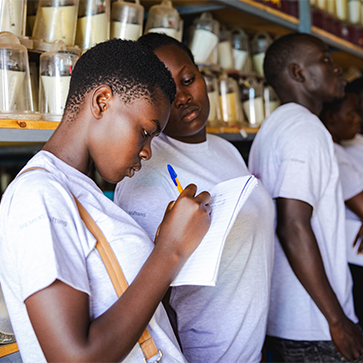
Impact
By now, over 60 full-time employees are working daily at 16 locations to provide services to the local population in the region. In this process, WeTu works closely with local authorities – with particular consideration for environmental and health issues. To reach more people and scale its impact, WeTu is continuously expanding its offerings in collaboration with numerous local and international partners.
1.7 million
348 kWp
installed photovoltaic capacity
2 million
16 million
25,000
13.5
tons of e-waste
collected
The results shown here are cumulative data from WeTu since the beginning of 2019. The WeTu Impact Report 2023 provides more detailed insights for 2023.
Current pilot projects at the hub
Contact
Project manager / Director WeTu
Tilmann Straub
tilmann.straub@siemens-stiftung.org



